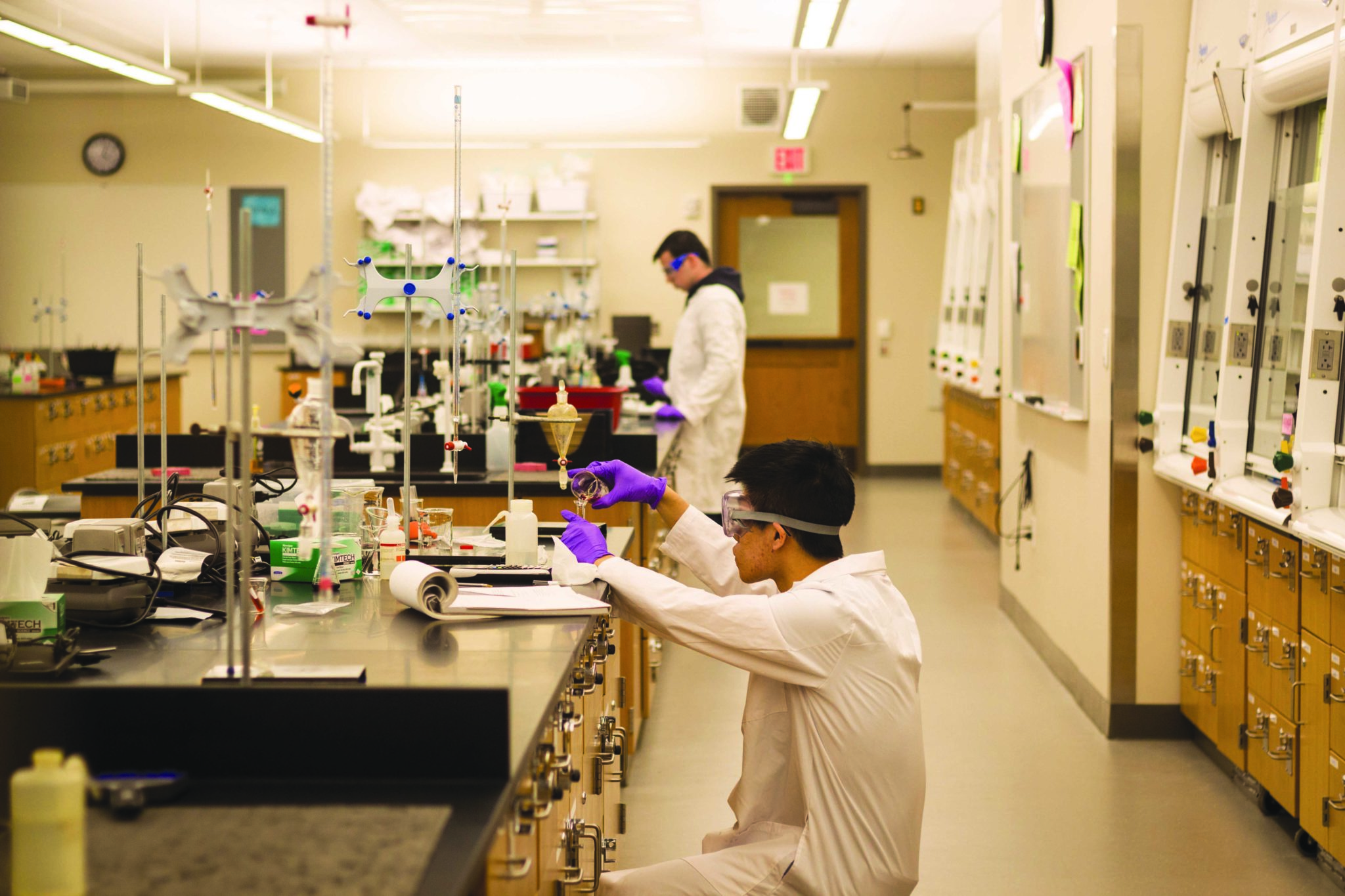
Expanding for the first time since it was introduced in 2017, students will be able to apply to use this year’s Yale Domestic Summer Award toward research positions at Yale.
The Domestic Summer Award provides a $4,000 stipend to students on financial aid, allowing them to pursue unpaid positions in nonprofits, government entities and arts apprenticeships. According to Jeanine Dames, director of the Office of Career Strategy, the award, known as the DSA, could fund research opportunities at nonprofit organizations in its first two years. But now, the requirements clearly state that the grant can also fund research positions in the sciences, in laboratories or other fields at Yale, or with a Yale faculty member.
“After reviewing how to improve the program from its inaugural year, it’s natural to extend the DSA to opportunities at Yale,” said Yale College Dean Marvin Chun. “Yale already offers many kinds of awards to support summer research and work on campus, and the DSA further broadens that, benefitting not only students on financial aid, but all students.”
An eligible research position must be full-time and supervised by a faculty or staff member. The position should also last a minimum duration of 8 weeks and 30 hours per week, like other activities funded by the DSA, according to the Office of Career Strategy.
According to the office, approximately 13.9 percent of sophomores, juniors and seniors spent last summer in a research role. Dames expects this number to grow.
“I do think the expansion of the DSA will enable more students to consider research opportunities and possibly for a longer duration of time with this funding available,” Dames told the News.
Students engaging in research usually require funding to cover costs of housing, utilities, food and other daily needs. Mina Cezairli ’21, who performed research last summer, emphasized that many students require funding directly from Yale for their research.
She added that, for some, the ability to secure funding is a deciding factor in whether or not to pursue a research position.
“We need a place to stay and money for food and other needs,” Cezairli said. “Also, the way working in a lab works, there’s usually not that much time left in the day for pursuing other jobs, so Yale-based awards like the DSA are and will be very helpful.”
Minahil Nawaz ’21, a prospective global affairs and film double major who hopes to pursue research in either field next summer, applauded Yale for the expansion. She suspected that more students would conduct research or continue with a project they had pursued over the previous semester because of the expansion.
Mohamed Osman ’19 said the changes will be particularly useful for students whose interests expand several disciplines.
“I think the DSA will be a great addition to the fellowships that have funded research at Yale because it allows for freedom in the type of research it can be used in,” he said. “Some fellowships tend to be geared towards certain fields and a student can take advantage of these early on in their Yale career and once they have a better idea of what exactly they’d like to research on, they can then use the DSA.”
Students who wish to use the DSA next summer, which can only fund a student’s project for one summer in their Yale career, can apply through May 1, 2019.
Mercy Idindili | mercy.idindili@yale.edu







